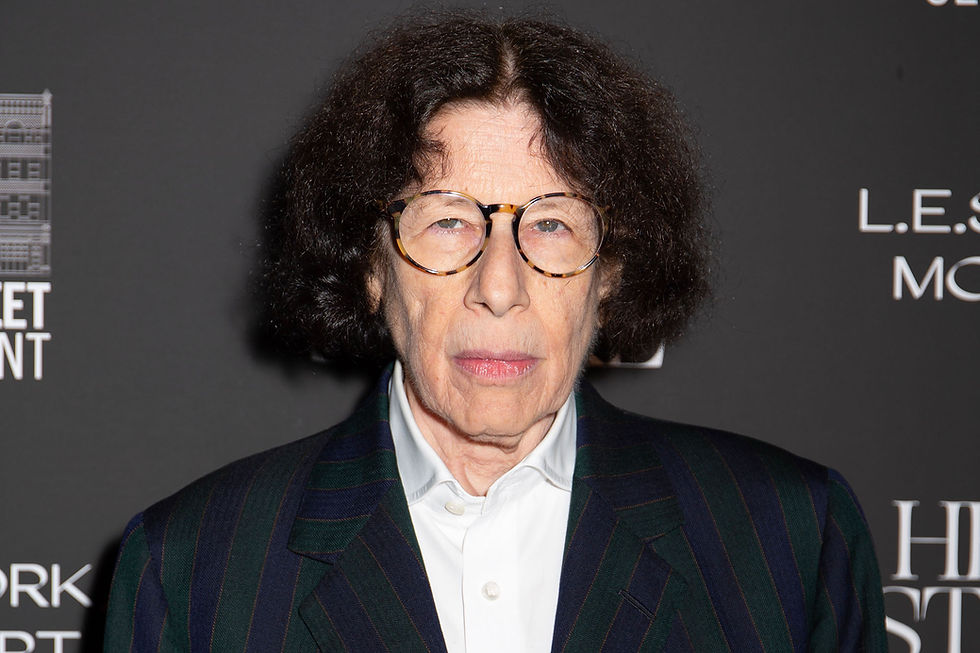Hesitating at the Door, Testing out the Land
- Minyan Team

- Nov 2, 2020
- 4 min read

By Naomi Soetendorp
In last week’s parsha we heard the story of Noah.
Many of us are familiar with this story. G!d sees the world has been overcome by humanity’s violence. Humanity’s behaviour angers G!d, who deicides to destroy all humans and all other living creatures. G!d finds Noah, the only righteous man on Earth, and tasks him with building an ark and filling it with two of every creature. Once the ark is built, and Noah and his family have filled it with two of all living creatures, G!d closes the door of the ark and the floods begin. For 40 days and 40 nights, the heavens pour down and the earth is cleansed.
The parallels between Noah on his ark and us living under Covid restrictions seem obvious. At the start of the pandemic, when we initially went into strict lockdowns, many of us spoke of being in the same boat. But that analogy didn’t quite fit. So we began to talk of being in the same storm, but different boats. The ways and means to cope with this pandemic are not equally distributed. Our community is well aware of the ways in which the pandemic has affected people disproportionately. This is part of the reason we have chosen for this year’s High Holy Days Appeal to support Sufra, a local food bank and support organisation.
Surviving a pandemic, or even a flood, does not only involve financial resources. It also involves inner strength and social connections. And just as the challenges of floods don’t end when the rain stops falling, so the challenges of a pandemic won’t end when we finally have a vaccine and return to some form of 'normality'.
Thinking about this d’var, I discussed the end of the Noah story with my parents, Ruth and David. My father talked about a midrash/interpretation that said Noah hesitated at the door of the ark, not wanting to go back out into the world. At that moment, Noah thought of what he would see when he left the ark - the destruction - and he felt frightened.
Eventually, he did go out into the world, and one of his first acts was to plant multiple grape vines for wine. The parsha describes that his sons found him naked and drunk. Ham, who found him first, was not sure what to do and called his brothers for help. His brothers Shem and Japheth covered Noah’s nakedness. For exposing his father’s nakedness, Ham and his decedents were cursed. Shem and Japheth and their descedants were blessed.
With the number of Covid cases rising again, it can feel premature to talk about the end of the pandemic. However, it will eventually end, and we will (G!d-willing) stand on the thresholds of our own personal arks.
What can we do now to help us to prepare? Whose story will we follow? Noah’s, frightened and desperate for drink? Ham’s, able to witness another’s distress but unable to offer support? Or Shem and Japheth’s, collaboratively working together to resolve issues and protect others, and in so doing bring blessings on ourselves?
I imagine we all hope to follow in Shem and Japeth’s example. However, the parsha sets out that this is just one option. One that takes partnership and a degree of forethought.
Being part of this community can perhaps help us with this preparation. Last night, my mother described the birds that Noah sent out to find out if was safe to leave the ark. The first bird, a raven, flew back to the ark exhausted, having been unable to find any place to rest on a still-flooded earth. Noah then sent out a dove, who returned to the ark with an olive branch. An indication that the waters were subsiding sufficiently to support plant life, but not yet birds, or indeed humans. The third time Noah sent out a bird, it did not return, a sign that it was now possible for birds and people to resume life on Earth. This was Noah’s sign it was time to leave the ark.
In last week’s Kabbalat Shabbat service, Lucy and Hannah led us in a celebration of the recent friendships formed by members of Makor Hayim. They encouraged us to explore ways we could continue to connect and build relationships. One suggestion*, inspired by Mallory’s offer of plant cuttings and gardening advice to Lucy, was the idea of a 'cuttings club' where Builders can share cuttings of garden or house plants. This was met with great excitement and descriptions of plants we could share.
Watching the chat fill up with offers of plants, and remembering my mother’s description of the dove with a branch in its mouth, it occurred to me this is exactly the type of activity a community should be engaging in at this point in a pandemic. Yes, the waters are rising, but treatments and vaccines are being developed. We are learning to live with the restrictions. We have also learnt to adapt. The fact that we, together with so many other communities (including my parents' shul, Hatch End Masorti), have managed to make Zoom work as a genuinely warm, intimate and connected place to join together is a testament to this.
My hope is that, as we start to fly about London with our cuttings, we will be like doves. Building relationships that will help us test out the land. So that when the time is right, we are able to leave our arks with confidence, ready to grow - not just vines for wine, but also relationships, community and justice.
*Other activities and clubs suggested in the chat were: singing club, cooking club and guitar learning club. To take part in any or all of these groups (or to suggest another activity), email Makor Hayim and we will put you in touch with the right people.




Comments